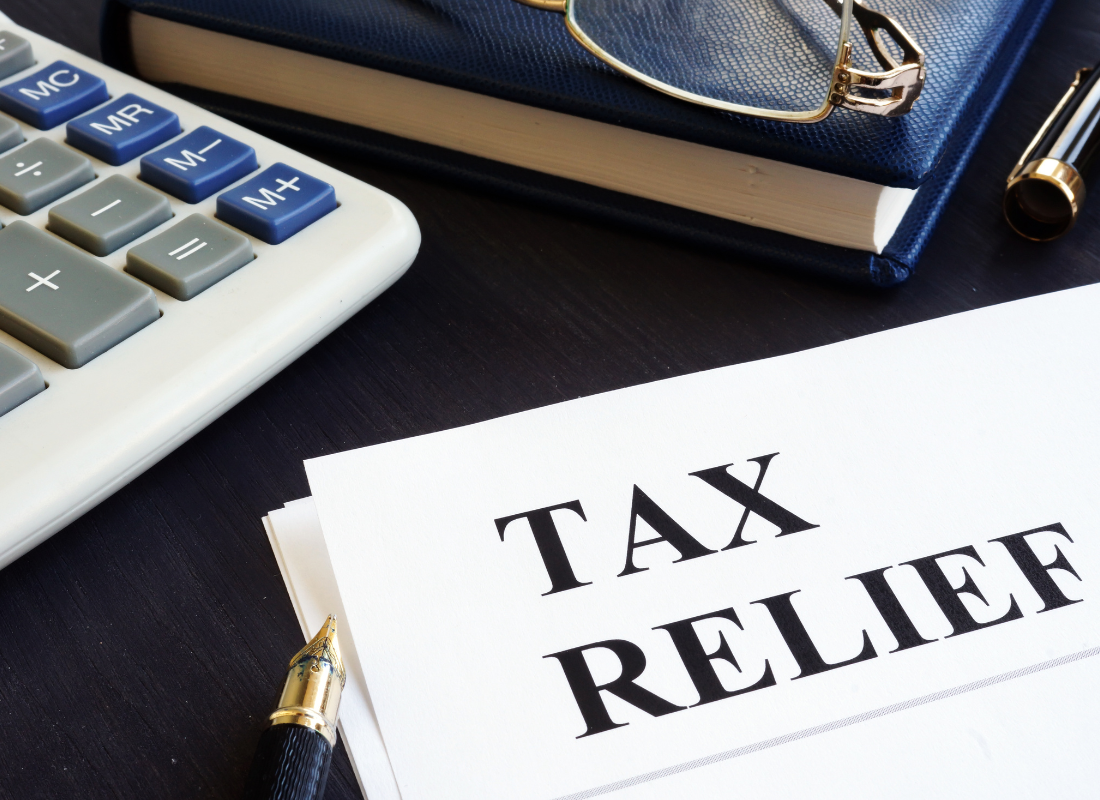It’s Nothing Personal: Why Your Business Bank Account is Only for Business
Originally published on October 29, 2018
Updated on November 14th, 2024
If you’re a business owner, chances are that your work is also your passion. But that personal connection should be cut off when it comes to your business bank account.
Be it everyday spending or a large purchase you otherwise wouldn’t be able to make, you might be tempted to use your business bank account or company credit card. After all, the money goes to you once all of your expenses are paid. There are dangers, however, in mixing personal and business transactions.
Piercing the Corporate Veil
In financial terms, the corporate veil is a legal concept that separates your business finances and your personal assets. If you mix transactions and public statements too often, you’re said to be piercing the corporate veil.
This gets dangerous if, for example, your business ends up embroiled in a lawsuit. If the courts can prove that you used a business account for personal expenses, it could put all of your personal assets at risk in the event that you lose the lawsuit—jeopardizing your home, your savings, almost everything you own. By keeping your business and personal dealings separate, you can avoid blurring that line and have a better chance of safeguarding your personal assets.
Audit Woes
It’s every entrepreneur’s nightmare—being selected by the IRS for an audit on your business return. So it makes sense to do everything you can to keep your financial records clear and easy to follow. And using your business bank account for personal expenditures could make matters worse in the face of an audit.
If the IRS can’t distinguish between your personal and business spending, they’ll disallow entire categories of expenses on your business tax return. This can also trigger a recalculation of your individual return.
Business Management Difficulties
It’s difficult to control your costs if you have a lot of significant personal transactions going through your business bank account or on your company credit card. This is especially true with major purchases like a car or house. And because these expenses pierce the aforementioned corporate veil, additional bookkeeping and accounting services are needed to properly track them.
Complications on Due Diligence
If you choose to sell your company in the future, the purchasing party will have due diligence performed to uncover any complications. If he or she sees a lot of personal transactions in your books, it could raise red flags as to the accounting processes you use and decrease your selling price.
But I run my business from my home. Can I use company funds for some of those expenses?
Unfortunately, you cannot. However, you can use certain expenses as tax deductions on your personal return, such as internet service, real estate taxes and mortgage interest. These are personal expenses with a dual purpose (both business and personal). However, you must use personal funds to pay for them and not your business bank account or company credit card.
The importance of defining a solid line between your company and personal funds cannot be stressed enough. The business tax CPAs at James Moore can help you navigate these differences and ensure that you and your business are protected against potential tax and legal issues.
All content provided in this article is for informational purposes only. Matters discussed in this article are subject to change. For up-to-date information on this subject please contact a James Moore professional. James Moore will not be held responsible for any claim, loss, damage or inconvenience caused as a result of any information within these pages or any information accessed through this site.
Other Posts You Might Like

